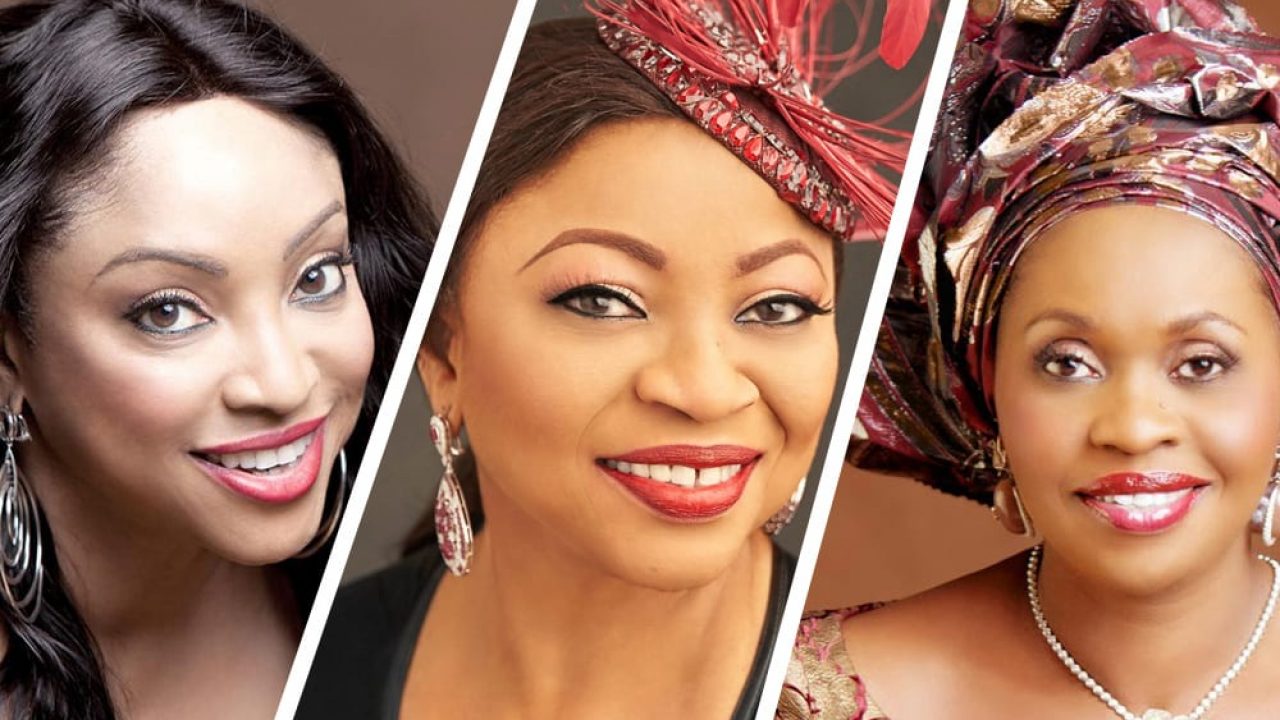By Blossom Charity Ukoha
In most communities in Nigeria, when a woman records an outstanding feat, she is described as a man. However, when a man underperforms or does that which is unexpected and unbecoming, he is described as a woman. This is because women are seen as weaker and lesser beings.
Nigeria is a patriarchal society but the degree of patriarchy differs from society to society and from one ethnic group to another. Yet, it will not be superfluous to say that Nigeria is an overwhelmingly patriarchal society and this is unfriendly to national growth and development.
In most cultures in Nigeria, a family without a male child is still not established as there will be no male child to guarantee family continuity. In some cultural practices where all the offspring are female children, culture allows one of the daughters to be retained in the family and to remain unmarried forever.
She will be allowed to associate with men or a man of her choice in anticipation that she will get pregnant and probably give birth to a male child as the only way of ensuring family continuity. The interpretation of this is, a family with all females is one that is viewed traditionally as destined for destruction. In another sense, an all-female family is considered an inch better than a childless one. In such societies, women are seen and not heard and their views are hardly ever reckoned with.
In contemporary times, the scenario is changing very slowly but a sustained and well-articulated gender mainstreaming programme is still needed to save Nigeria from the pangs of gender inequality, discrimination and inequality and their salutary implications for national development.
Gender mainstreaming has been internationally embraced as a strategy towards achieving gender equality. It encompasses the act of combating discrimination and the incorporation of a gender perspective into the preparation, design, implementation, monitoring and evaluation of the policies, and regulatory measures with the view of promoting equality between men and women.
The United Nations Economic and Social Council (ECOSOC:1997) defined Gender Mainstreaming as “the process of assessing the implications for women and men of any planned action, including legislation, policies or programmes, in any area and at all levels.
It is a strategy for making the concerns and experiences of women as well as of men an integral part of the design, implementation, monitoring and evaluation of policies and programmes in all political, economic and societal spheres so that women and men benefit equally, and inequality is not perpetuated. The ultimate goal of mainstreaming is to achieve gender equality.”
Gender Mainstreaming will ensure that the world becomes a better place for all sexes in Nigeria.
However, according to Minister of Finance, Budget, Zainab Ahmed, “The Nigerian Government is focusing on comprehensive gender mainstreaming across fiscal policy and public financial management aimed at improving the safety livelihood and economic status of women and girls in Nigeria.”
The benefits of Gender mainstreaming in Nigeria can never be overemphasised in the sense that more progress will be attained in the social-economic sphere of the country.
It does not only aim to evade the creation or reinforcement of inequalities which can have an adverse effect on both men and women but the actualization of an existing situation with the purpose of identifying inequalities and developing policies which aim to redress these inequalities and undo the mechanism that caused them.
Gender Mainstreaming also ensures that policy-making in legislative work is of higher quality and has greater relevance in society, responding more to the needs of all citizens -women, men, boys, and girls.
It makes public intervention more effective and ensures that inequalities are not perpetuated.
It will facilitate gender equity and accelerate the whole process of poverty reduction (Egwurube, 2012). It has been shown that more women are poor when compared to their male counterparts.
It will lead to increased agricultural production, especially in African countries (Ozoya, 2015). This is because, though more women are into agriculture, women are not part of the decision-making system on matters of agriculture.
It will also promote good governance and democracy as more women will be involved in the process of governance. It will engender an all-inclusive approach to development as no segment of the populace will be left out.
However, there are some factors that have mitigated the free flow of Gender Mainstreaming in Nigeria such as;
1. Patriarchy
2. Culture
3. Religion
4. Limited access of women to education
5. Poverty and disempowerment of women
6. Attitude of men to women in the workplace
7. Attitude of women to themselves
8. Nature of Nigerian politics
9. Low political representation of women
Gender mainstreaming in Nigeria should not be left for the government alone to implement, it is also the responsibility of all actors and is relevant in all policy areas that deal with the needs of people at all levels.
Gender equality issues need to be mainstreamed at all stages of policy-making or project programming in Nigeria, but it is especially important to take it into account at the planning stage when the problems, concerns and needs of the beneficiaries are identified and the ways to address them are defined.
Therefore, gender analysis and gender impact assessments are crucial tools for gender mainstreaming in Nigeria. These tools support the practical implementation of gender mainstreaming. Other factors are equally important to ensure proper gender mainstreaming, such as commitment to and awareness of gender equality issues, political will, knowledge, resources (including expertise) and availability of information.
In conclusion, Cultural orientation and reorientation aimed at gender mainstreaming is an agenda that is long overdue in Nigeria. Therefore, there is an urgent need for the Government, traditional institutions, religious, educational, mass media, and other social institutions leaders at all levels to implement cultural orientation and reorientation for its citizen.
Another way of achieving gender mainstreaming is through poverty eradication programmes that are targeted exclusively at women.
In the area of education, admission into all levels of education should be on the basis of 50-50 for both boys and girls. Parents in all parts of the country should be encouraged to appreciate the girl child as they do for the boys. By implication, girls should be sent to school like boys without any form of discrimination or prejudice.
The attitude of men to women in the workplace must change. Provisions for gender equality should be clearly stated in all letters of employment and reinforced by repeated emphasis on it after employment.
In the area of politics, ideas, values, and service should be the guiding principles of Nigerian politics. The entire political system should be created in such a way as to reduce violence. This is one of the sure ways of encouraging more women to participate in politics.
It should be known that gender mainstreaming is neither unchristian nor unislamic. Christianity and Islam should begin to teach the equality of men and women.
And the most important drive for gender mainstreaming is the Mass Media. The mass media have a critical role to play. Articles, news commentary, feature articles and jingles should promote and give special emphasis to gender equality. This will go a long way in building the minds of young ones early in life.
In addition to all of these, it is most important to have gender equality openly stated in Nigeria’s constitution.
Gender equity in Nigeria is both a necessity and a compelling need which needs to tackle in order to boost the socio-economic and general welfare of the country. However, Gender mainstreaming cannot be achieved overnight it will require a constant and long process of political and cultural engineering.


